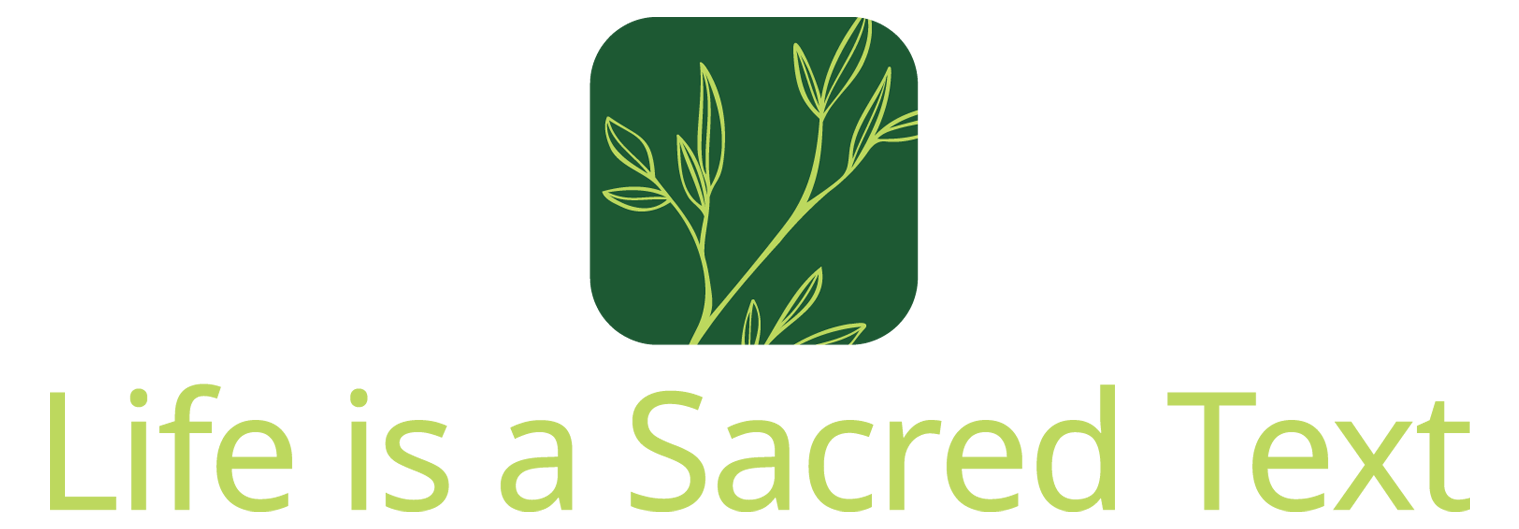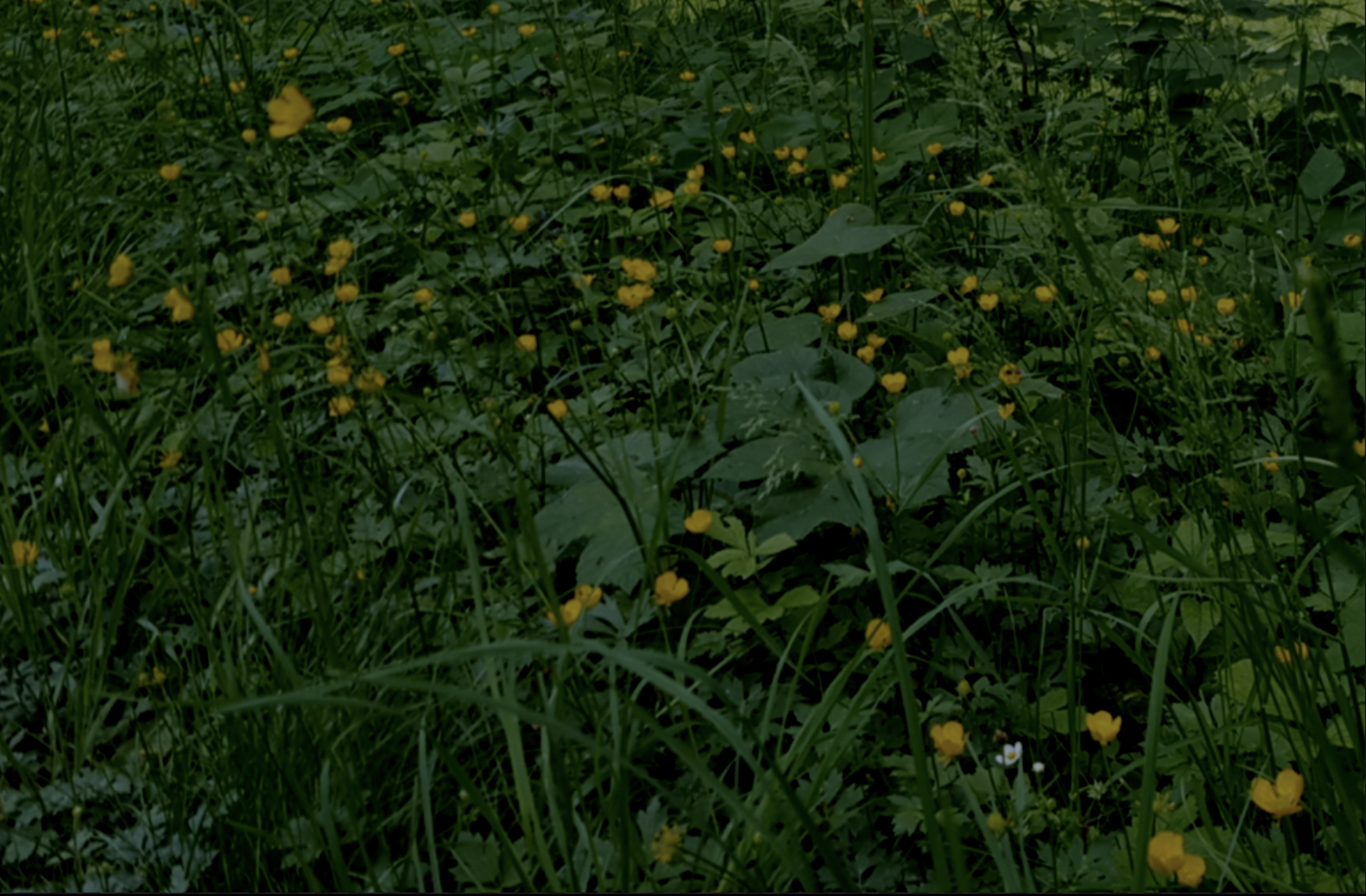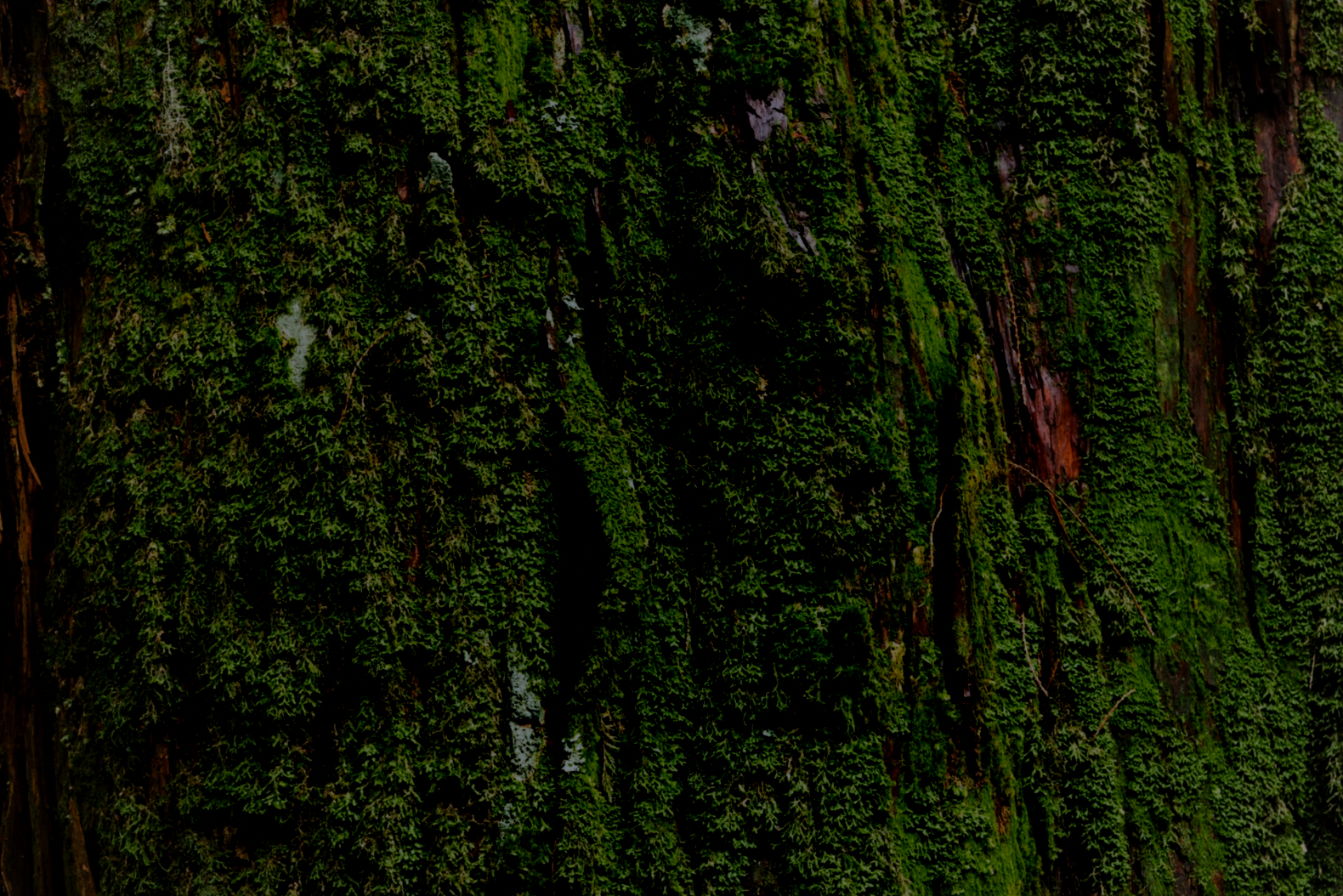Pursue justice, justly
how to chase it beyond the slogan
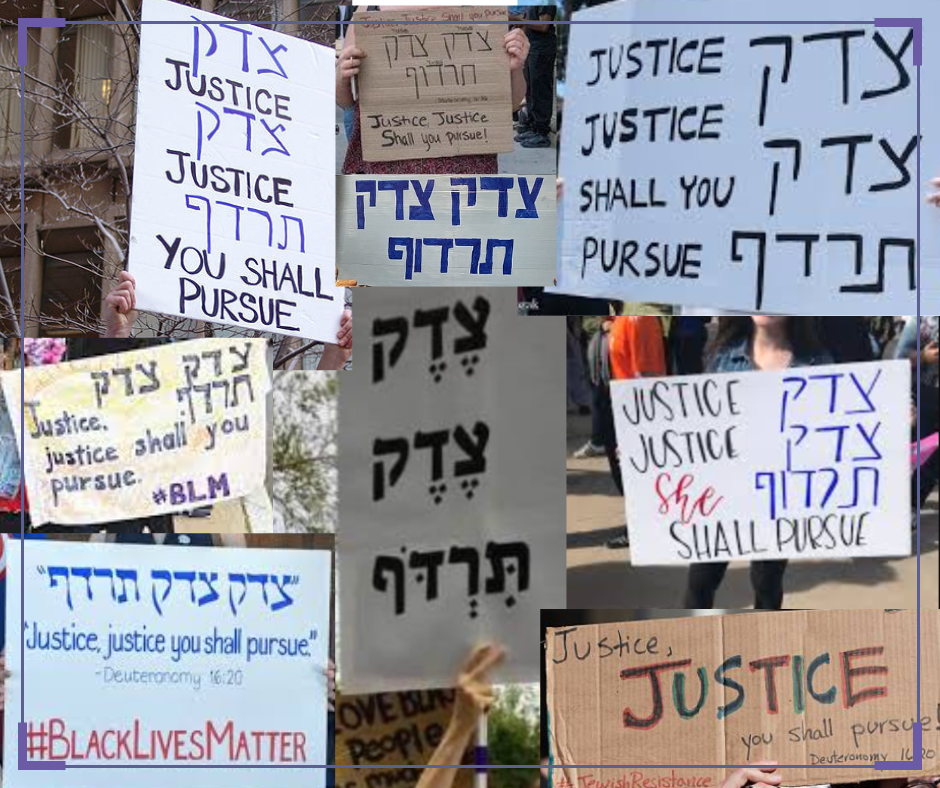
This is Life as a Sacred Text 🌱, an everybody-celebrating, justice-centered voyage into ancient stories that can illuminate our own lives. It‘s run on a nonprofit, so it’s 100% NAZI FREE. More about the project here, and to subscribe, go here:
Today we're going to talk about one of progressive Jews' very favorite verses– one that can be found everywhere– on signs at protests, on tshirts and endlessly on source sheets.
Deuteronomy 16:20:
Justice, justice you must pursue....
צדק צדק תרדף....

... but what does it mean, exactly?
The Torah is not a document that just throws out pithy phrases, empty of any but the most general of meaning. This one, as all of them, has context.
Let's back up a couple of verses, shall we?
You shall appoint magistrates and officials for your tribes, in all the settlements that God your God is giving you, and they shall govern the people with due justice. You shall not judge unfairly: you shall show no partiality; you shall not take bribes, for bribes blind the eyes of the wise and overturn the words of the just. Justice, justice you must pursue, so that you will live and inherit the land that God your God is giving you. (Deuteronomy 16:18-20)
That is to say:
1) Your people must be governed justly.
2) When justice is doled out, it must be truly impartial, no bribes.*
3) Then, the kicker line: this word justice is repeated: Tzedek, tzedek tirdof / Justice, justice, you-pursue, as a qualifier for getting to "inherit the land."
*I'm sorry about the ableist language of the Torah, here– I thought that a more honest translation was a better way to go. But as the brilliant, Hugo Award-winning Elsa Sjunneson, author of Being Seen One Deafblind Woman's Fight to End Ableism puts it, this analogy uses "the physical act of blinding someone as a metaphor rather than the condition or disability. That is: 'Have some money and I take your sight.' In this case, it feels less about saying bad things about blind people, but possibly more about how taking someone's sight intentionally -- whether metaphorically or physically -- is wrong. This passage bothers me way less than [other] passages [in the Bible] that are about literal blindness."We've already debunked the conquest narrative, and I don't want to focus our attention on that at present. For now, let's remember (however we may regard, from the perspective of today, the frame of "taking" a land from people already living there) that this was not describing either a) any literal experience of people not yet in the land or b) a the historical reality of those who'd already gotten there. Rather, it was most likely back-dating an origin story for How We Got Here and attempting to craft a united national collective consciousness on the disparate peoples in Israel and Judah.
For now, let's just think of "You will inherit the land," as Kohenet Ketzirah Lesser teaches, through the lens of indigenous teachers like Robin Wall Kimmerer,
Do the right thing and be WORTHY of the land you inherit. Earn the love of the land, don’t just say you love and be abusive to those who inhabit it (human and more than human world).
The "inheriting land other people dwell on" part still merits interrogation, to be sure, but today, I want to focus us on the first part of the conditional clause– that is to say, what, exactly, is being asked of us?
Well, the first couple parts are pretty straightforward and obvious, right?
And make sense for any functional government or community, huh?
Govern justly!
Easy!.... Right?




No partiality! No bribes!
Like, obviously?

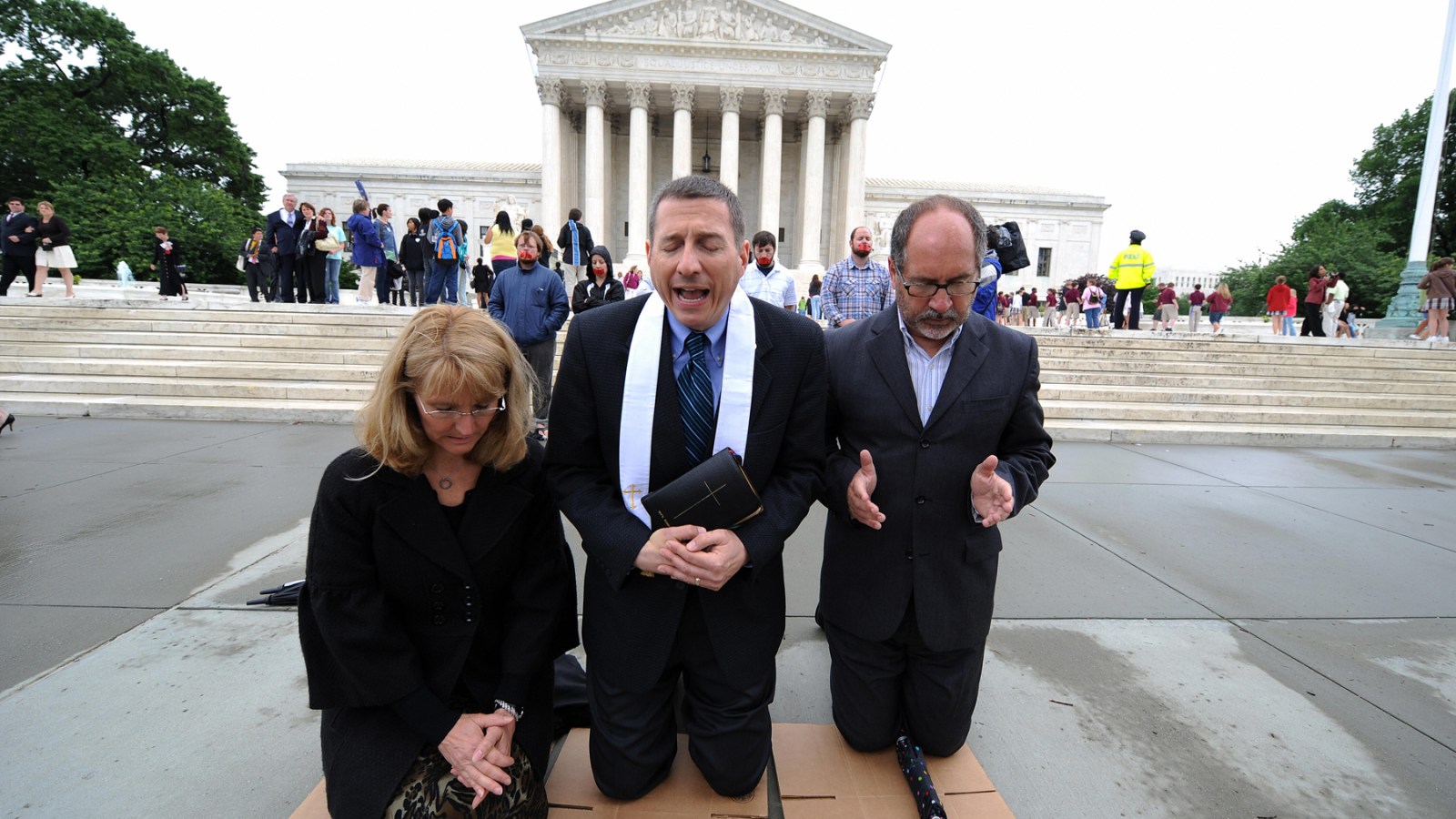


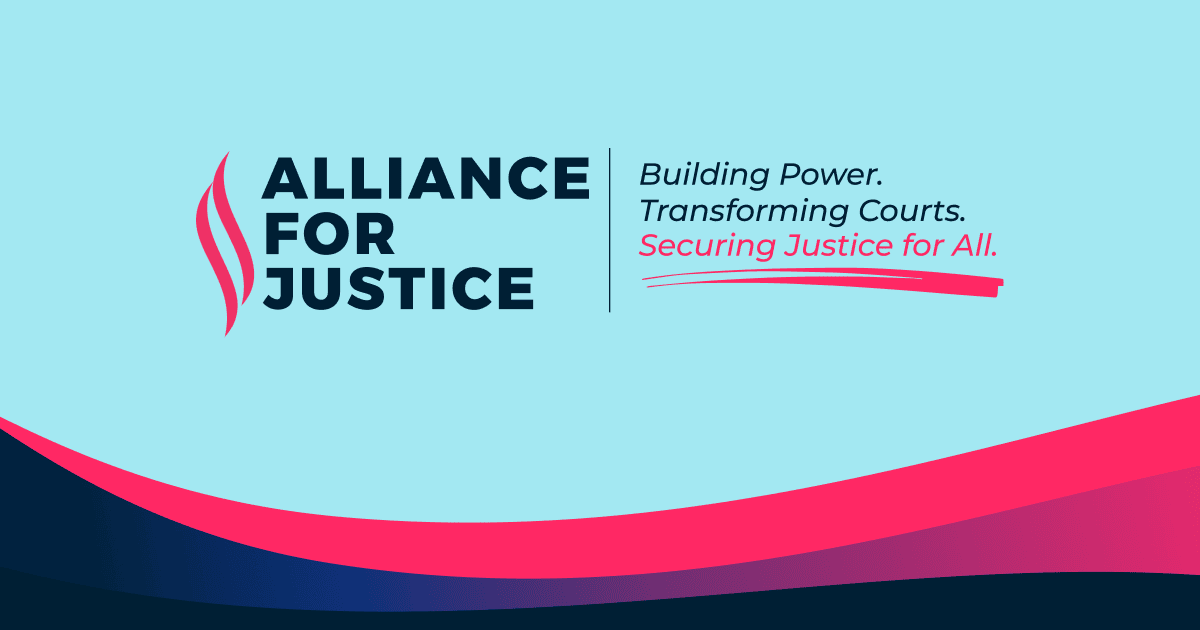
(Sigh.)
ANYWAY. Then we get to the strange repetition of the word "justice," with the demand that we pursue, run-after, chase, follow after, aim to secure it.
Tzedek, tzedek, tirdof צדק צדק תרדף
Let's spend some time trying to unpack these three little (Hebrew) words.
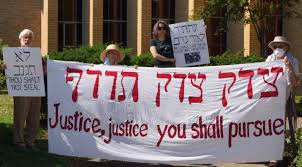







No, but really, it's a perennial. Gallery of eight images of various people at protests for a range of causes, from Breonna and Black Lives Matter to Immigrant Justice to (in English, Hebrew and Arabic) peace to other actions whose purpose is not clear, holding signs that say, in Hebrew, English or both: Justice, Justice, you shall pursue
Rabbi Bahya ben Asher ibn Halawa, best known as Rebbeinu Bachya, the mid-13th to mid-14th c. Torah commentator from what's now Spain, says that (emphasis mine)
According to the plain meaning of the text, the Torah warns (by repeating) that one must strive to be righteous both in word and in deed. These are the two ways in which one may potentially inflict harm upon both oneself and upon others.... Alternatively, our verse addresses the people who are subject to litigation and exhorts them to strive for righteousness regardless of whether this will be financially beneficial or harmful to them. This is why the Torah repeats the exhortation.
Ahh. So on the one hand, we must strive to make our personal daily choices righteous– that's why it's doubled. Note that both the original Torah language and Rebbeinu Bachya are clear that the mitzvah, here, is to strive for, to pursue, doing this, not that any of us gets there 100%. Of course not.
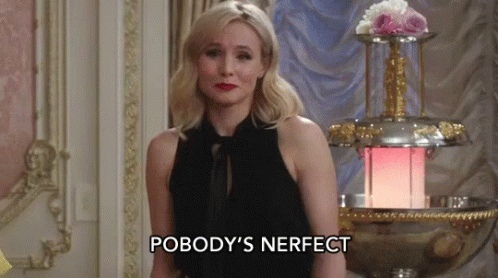
But we are commanded to pursue that righteousness of speech and action anyway. We have to work to try to get there. We have to make the effort.
And on the other, when we engage in legal matters (cf all the context of this verse) our concern must be that the right thing happens, no matter on whether or not that the outcome is good for us, personally.
Pause for a moment and try to imagine a world in which everyone runs after these two principles.
What other values must be in play in order to make each of us strive for the good of the whole, for the just outcome, even if it comes at our own possible expense?
For us to genuinely seek the most fair action and speech in any given situation? How much grappling with our own least evolved tendencies does this take? Our desires to take the easy way? To pause and see what impacts on the people in our lives– or on the greater world– we'd rather not notice?
And to be willing to risk a poor outcome for ourselves, because it's the right thing– what even would we need in terms of structures and supports in order to make that happen?
How significantly must we turn the cultural boat around in order to get our society to a place like this when our own heads of state ignore due process laws and judicial orders when it doesn't suit them, when their cronies ransack government offices for private data, when the most elite legal authorities in the land blatantly and without repercussion, bend rulings to their political and financial benefit?
We are not shown how to do this, in any way, on any level.
But nevertheless, we must. We must.
And more than that, I also wonder if the meaning of the verse shouldn't be understood as:
Pursue justice, justly.
That is to say: We're in the context of governing fairly, judging impartially, and thinking about justice generally. And then we get this call with the double tzedek.
I wonder if the implication isn't to remind us that, overall, as we think about the process of seeking justice, it must always be done in just ways.
That beyond endeavoring to be just in word and deed (yes, yes, yes), we must be scrupulous about how we conceive of justice, what that looks like. That we must interrogate our long-held, often toxic assumptions in order to build something true and worthy from the roots up.
- Seeking justice, justly means that we can't create a more whole, more free world by mocking the appearance of the leader we hope to replace. Not even his sartorial choices, not even choices made by vanity.
If justice is about word and deed, we must focus on what other people do and say, just as that's what matters with regards to what we do.
- It means that we must ensure that all of our choices about how to fight for the world we want reflect the same values and integrity as the world we want to build. We cannot use the tactics of hate and harm to dismantle one regime and then assume that we'll magically switch over to love and caring once the dust has settled. The Torah is clear that it doesn't work this way– and the data supports this, too.
- It also means that we can't hold an investigation into harms caused by our organization but be sloppy in our process, or full of excuses, or anything of the sort. Partiality is so easy to come by, punctiliousness so difficult.
- Pursuing justice justly means that the appropriate consequence for poor actions– even for causing trauma – is likely not going to be the infliction of trauma onto the person who erred, even if they are a harmdoer. Even though we're so, so trained to think that consequences need to be "punishment," and that "punishment," needs to involve locking someone away in a cage, possibly even in a small box away from all human connection.
Every process of working towards justice– of pursuing it, of running after it, of chasing it down in order to try to bring it more fully into our world, requires redoubled efforts trying to do the thing right.
We must not just seek just goals– an end to oppression, say, or accountability for harmdoers – we have to get there by striving to be the people we're supposed to be, every single step of the way.
Rebbeinu Bachya's commentary continues, as it often does, moving from the plain meaning of the verse into a more mystical reading:
A kabbalistic approach, based on Nachmanides: the reason for repeating the word tzedek/justice is that the Torah reminds you that righteousness emanates from the emanation of tzedek/justice...The one who strives to perform righteousness will find that it echoes all around them.
The concept of sefirot/emanations is a whole Kabbalistic thing, and too much of a tangent to really unpack now (more at that link in the quote). You can think of it like this: the more that you pull yourself towards justice, the more justice radiates down towards you.
For the Kabbalists, this happened in a transcendent, divine sort of way– but if you're someone for whom that kind of thinking doesn't resonate, you might think of it as: The more you practice the work of justice, the easier it becomes.
The more you do it, the easier it becomes to do it more; to strengthen those muscles; to see how you can integrate other righteous choices in your day; to live even more fully in your own integrity; to do more of the things that you, specifically, can to address the suffering and inequality in the world now; to be– in word and deed– the person that you should be. And to be able to give over of yourself to the whole, whether or not it benefits you.
The more you do justice, justly, the easier it is.
It becomes a way of being that radiates around you– from the Heavens, from within yourself–or both, maybe.
I don't know. But– start.
And then keep going.
🌱
Like this? Get more of it every week.
For free every Monday—sign up at the ‘Subscribe now’ button just below.
And if you become a paid subscriber, you get tools for deeper transformation, a community, and support the labor that makes these Monday essays happen.
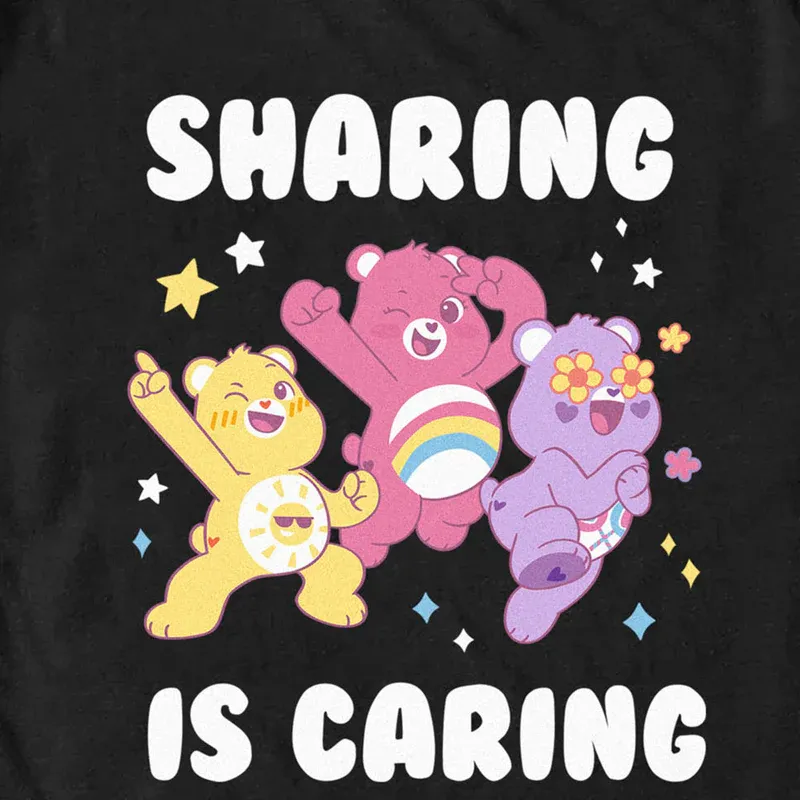
Especially without Substack's built-in network, word-of-mouth– forwarding emails, sharing on social media, etc– matters more than ever.
Please spread the word about this post and Life is a Sacred Text in general.
Thank you. 🙏 ❤️
A note on the subscription model:
I want my work to be as accessible to as many people as possible, in as many ways as possible. That's why the Monday essays are free, and why we donate subscriptions to anyone for whom paying is a barrier to the House of Study posts.
I also believe people should be paid fairly for their work. Needless to say, these two values sometimes seem to be in conflict, but I do what I can to find a fair balance. I offer many resources for free, and charge for others. When you donate generously or pay at the top of our scale, that helps support the work I do, provides access for those who have fewer resources, pays for the infrastructure and the technical and practical support that it takes to do this, and helps us keep the work sustainable.
And as always, if you want in to the Thursday space but paying isn't for you now, just email support@lifeisasacredtext.com and we'll hook you up.
And if you’d like to underwrite one of these donated subscriptions, you can do so by signing up at one of the higher subscription points.
And if it resonated with you, please share this post.
Sending a big pile of blessings and goodness your way. 💕

